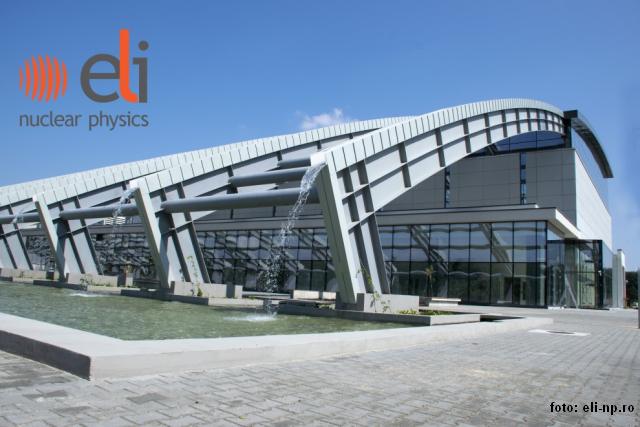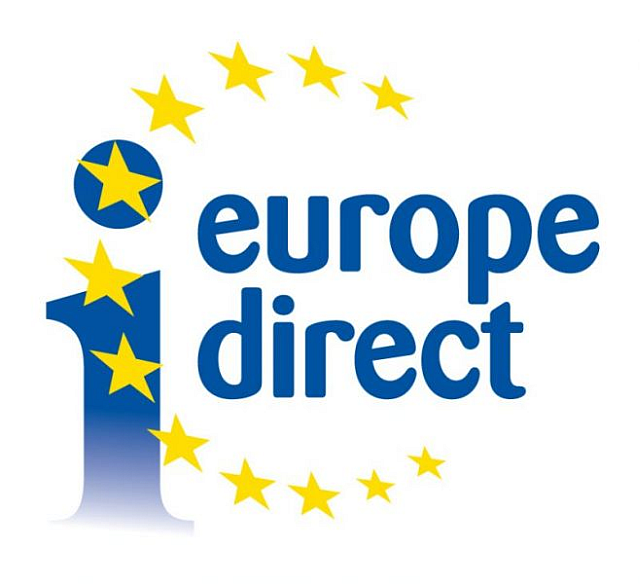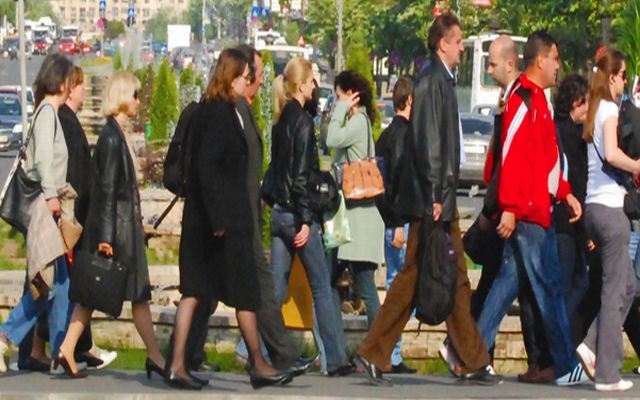The Europe Direct Information Center of Bucharest, hosted by the European Institute in Romania, offers undergraduates and graduate students in Bucharest universities the possibility of specializing in European affairs. Recently, Bucharest hosted the second edition of the Internship and Scholarship Gala. 20 young students or graduates were awarded social media scholarships. The scholarship is a month, with the possibility of extending it to 3 months, by mutual agreement of the parts, depending on the activities of the center, the scholarship holders availability and willingness to get involved. We found out more about this project from Diana Filip, coordinator of the Europe Direct Center of Bucharest:
“This is a program we began in early 2014. The first scholarships were granted in 2014, and we thought that the interns who work at the European Institute and the Europe Direct Center should be rewarded for their work, considering that they work alongside us 3 to 6 hours a day. We make a selection, once or twice a year, depending on the number of people we need and the number of applications we receive. The number of places available is two per month, we had 20 places this year and in 2015, while in 2014 we had fewer places because the program started later. The call for applications is posted on our website. This is a European opportunity that we also disseminate on social media too, on Facebook and Twitter. The applications get sent by e-mail and have to contain a CV, a form we supply which has to be filled in with details of interest to us. Also, they should submit a creative paper on a European topic, focusing on the European priorities of that particular year. Recently, we have just finished the call for applications under the 2016 scholarship program.
Madalin Blidaru studies political science and had a scholarship at the Europe Direct Center in June last year.
“I had the opportunity to get up to speed on everything about Europe, to see what goes on in the European Parliament and how this is received in Romania, to see what activities the European Commission has, including opportunities for financing, which are promoted among citizens, opportunities for young people, scholarships, study programs, and other EU news. This internship was on communication. It was an interesting one, because we know how useful it is for information to reach citizens, younger and older alike. When I was there I interacted with people who were there to get information on various topics on the European agenda. At school I specialized mostly in European studies, therefore this internship helped me organize my knowledge, and it also helped me with my exams.
Ioana Vorochevici is also a political science student, and is working on her PhD right now:
“I was on a one-month internship at the Europe Direct Information Center last year. It was an extremely useful internship, both in terms of technical elements learned there related to social media, but also in terms of the new perspectives I encountered due to taking part in events. I am very grateful for the opportunity I have, and I hope to continue my collaboration with the Center.
Marina Penciu is a doctoral student with the University of Bucharest School of History, and in spring last year she had the opportunity of getting an internship with the European Institute:
“This was one of the most productive activities I have taken part in outside school, especially considering that I very much liked the centers mission. I think it is very important how you communicate with citizens, and not generally and declaratively, but punctual, concrete communication, in a manner which is easily understood by them. We tried to transform the EUs general messages in punctual, clear, concise messages to help citizens understand Europe better. I think people have to understand what the purpose is, and what leverage they have, as citizens of the Union, especially in this crisis context. We have to become aware that, in the end, the European project is to everyones advantage. In my PhD thesis I focus on international organizations, not the EU, but NATO. I believe, however, that working in an international organization, such as the EU, is one of the ideal jobs right now. I think this type of job is most suitable for our way of being and for the plans our generation has.
The Europe Direct network is one of the main instruments used by the European Commission to inform its citizens and communicate with them at local level. Ioana Marchis – coordinator of the Europe Direct network in Romania – urges students to register for the scholarships offered by the European Commission Representation in Romania too:
“The Commission has lots of programs running in partnership or through the relevant state institutions. This project, called Europe Direct, runs in all member states. Practically there are 550 such centers as the one in Bucharest, all over Europe. Romania has 31 such centers. On this occasion, I invite interns to also apply for an internship at the Representation. This opportunity is open for applications until June- July, and I hope as many of you will show passion and will get involved in all that has to do with communication, the topic of our internship. At this point we, at the European Commission, are starting to work on some reference terms, namely what we would like to happen with these centers over the next financial framework.
Some of the people who took part in these European communication courses managed to get jobs in this domain. They are communicators for European policies for Romania.
(Translated by C. Cotoiu)
